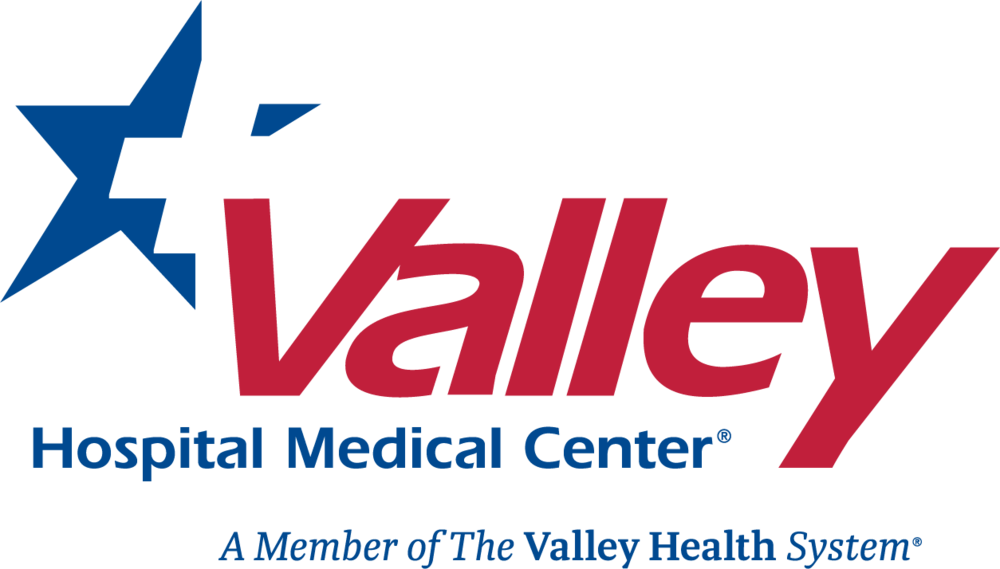New Carotid Procedure at Valley Hospital Reduces Stroke Risk, Recovery Time
Transcarotid artery revascularization (TCAR) is now available at Valley Hospital. This minimally invasive procedure utilizes a novel “reversal of blood flow” approach to protect the brain during insertion of a stent to treat a narrowing in the carotid artery (carotid stenosis). This results in a decreased risk of perioperative and long-term stroke rates.
“This procedure has the potential to be a game changer and may eventually replace traditional carotid endarterectomy as the gold standard for treatment of carotid artery stenosis,” said Eddy H. Luh, MD, FACS, vascular surgeon. “Recent studies have shown TCAR to have a stroke and death rate less than traditional carotid endarterectomy surgery and transfemoral stent placement. Patients typically spend one night in the hospital and go home the next day with less pain, a small scar and most importantly, a reduced risk of having a stroke in the future.”
How It Works
During the TCAR procedure, the surgeon makes a small incision above the collar bone (clavicle) and a temporary sheath is inserted for access to the carotid artery. The brain is protected by temporarily reversing the blood flow away from the brain, so that any bits of plaque that may break off are diverted away from the brain. The blood passes through a small filter before it is returned to the body through a vein in the groin. A stent (metal scaffolding tube) is placed in the carotid artery to treat the blockage or narrowing within the artery. This results in stroke risk reduction during, immediately after and long-term after the procedure.
What is Carotid Artery Disease?
Carotid artery disease occurs when the arteries in the neck that carry blood to your brain become narrow or blocked (carotid artery stenosis/occlusion), normally due to a buildup of plaque (atherosclerosis). This can cause the blood flow to your brain to be compromised and possibly result in a stroke.
TCAR is the latest addition to the suite of advanced vascular surgery services offered at Valley Hospital. Other procedures include, but are not limited to, Endovascular Aortic Aneurysm repair, Endovascular peripheral artery interventions and minimally invasive stab phlebectomy for treatment of varicose veins.
Individual results may vary. There are risks associated with any surgical procedure. Talk with your doctor about these risks to find out if Transcarotid artery revascularization (TCAR) is right for you.
